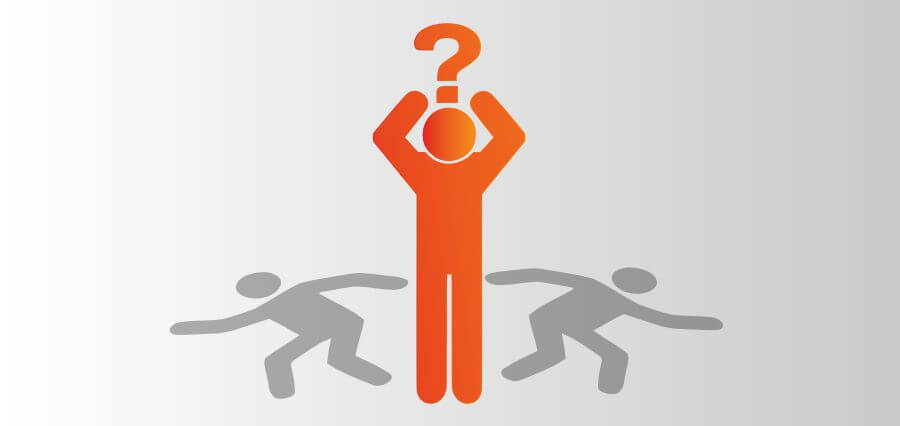Finding Your Perfect Fit!
Imagine you’re at a crossroads. You have a lot of dreams and goals, but the route ahead of you is unclear. You could use a trusted guide, someone who has traveled down comparable paths and can help you through the twists and turns. That’s where a coach comes in: your cheerleader, strategist, and success advocate. But with so many coaches available, how can you pick the right one to walk alongside you?
This guide equips you with the tools to navigate the coaching landscape and identify a coach who perfectly complements your goals and personality.
Step 1: Define Your Goals and Needs
Before getting into coach profiles, take a step back and determine exactly what you want to achieve.
Are you hoping to launch a business? Master public speaking? Improve your work-life balance? Identifying your goals will guide your search for a coach with the relevant expertise and experience.
Here are some prompts to get you started:
- What are the biggest challenges I’m facing?
- What areas of my life do I want to improve?
- What skills do I want to develop?
- What specific outcomes am I hoping to achieve?
Step 2: Explore Different Coaching Specializations
The world of coaching is a diverse one. Here’s a glimpse into some popular coaching specializations:
- Life Coaching: Life coaches provide guidance on a broad range of personal and professional areas, helping you navigate career transitions, improve relationships, and achieve greater self-awareness.
- Executive Coaching: Designed for leaders and high-potential employees, executive coaches focus on enhancing leadership skills, strategic thinking, and communication effectiveness in a business context.
- Business Coaching: Business coaches empower entrepreneurs and business owners to overcome challenges, set and achieve goals, and make strategic decisions to grow their ventures.
- Career Coaching: Career coaches help individuals with career exploration, resume writing, interview preparation, and navigating career transitions.
- Relationship Coaching: Relationship coaches provide guidance on communication, conflict resolution, and building healthy relationships, both personal and professional.
Step 3: Research and Evaluate Coaches
Once you have a clearer picture of your goals and preferred coaching specialty, it’s time to start researching potential coaches. Here are some effective strategies:
- Online Directories: Platforms like the International Coach Federation (ICF) or Coach.me allow you to search for coaches based on location, specialty, and qualifications.
- Recommendations: Ask friends, colleagues, or professionals in your network for recommendations.
- Industry Publications: Reputable publications might feature articles or interviews with prominent coaches in your field of interest.
- Coach Websites and Social Media: Review a coach’s website and social media profiles to get a sense of their coaching philosophy, experience, and areas of expertise.
Step 4: The Importance of Coach Credentials
While formal qualifications aren’t always a dealbreaker, considering a coach’s credentials can provide valuable insights. Look for certifications from reputable coaching organizations like the ICF. These certifications demonstrate a coach’s commitment to ongoing training and adherence to ethical coaching practices.
Step 5: Schedule Initial Consultations
Most coaches offer complimentary initial consultations. This is your chance to assess their coaching style, ask questions, and gauge if there’s a good fit. Consider these factors during your consultations:
- Chemistry: Do you feel comfortable and heard? Trust and open communication are crucial for a successful coaching relationship.
- Coaching Style: Some coaches are directive, offering guidance and advice. Others are more Socratic, asking probing questions to help you discover your own solutions. Identify a style that resonates with you.
- Experience and Expertise: Does the coach have experience working with clients who face similar challenges or have goals similar to yours?
- Communication Style: Do you find the coach’s communication style clear, concise, and easy to understand?
Step 6: Consider Logistics and Cost
Coaching programs come in various formats (in-person, virtual, and group coaching) and at different price points. Determine a budget that works for you and a schedule that fits your life.
Step 7: Make Your Decision and Dive In!
Choosing a coach is a personal decision. Trust your gut instinct and go with the coach you believe will best support you on your journey.
Bonus Tip: The Importance of Ongoing Evaluation
Regularly assess the effectiveness of your coaching relationship. Are you achieving your goals? Are you feeling motivated and supported? If not, don’t hesitate to have an open and honest conversation with your coach or consider exploring other options.
Remember, the right coach can be a powerful catalyst for growth and positive change. By following these steps and taking the time to find the right coach for you, you can set yourself up for a transformative coaching experience that will help you reach your full potential. Remember, coaching is a partnership, and finding the perfect coach for you can make all the difference in your personal and professional growth.
- Alaya Brown







